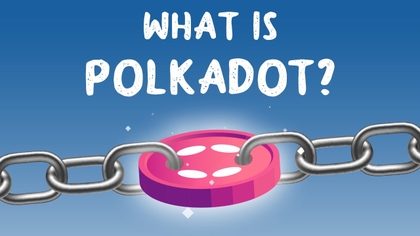Did I enjoy this article?
Share it with your friends!
Operai is trying to cancel a court order which requires that the company retain copies of all user interactionsincluding those that have been eliminated.
The application, Posted on June 5It is part of a copyright case presented by the New York Times.
The legal order, issued on May 13, tells Openai that Stop eliminating the output and storing records separately until the additional notification of the court. This includes records that would normally be deleted as part of the routine system processes.
Did you know?
Subscribe: We publish new cryptography explanatory videos every week!
What is Polkadot in Crypto? (Dot animated explanator)

Openai’s director of Operations, Brad Lightcap, declared that the company believes that this step goes too far. He explained that the company is Challenging the failure to protect the privacy and trust of users.
The New York Times filed its demand in December 2023. He states that Openai and Microsoft used their content without permission to train their artificial intelligence (AI) tools, including Chatgpt and Bing Chat.
Operai said it was The actions are divided into “fair use”, a legal concept that allows the limited use of copyright under certain conditions. The New York Times did not agree, especially when AI can recreate complete sentences of their articles or help people avoid the payment wall of the site by summarizing the blocked content.
The New York Times declared that it is defending the value of journalism and the protection of writers’ rights. However, Openai said that the New York Times has been selective in what examples he used in demand and resists innovation.
Meanwhile, Anthrope, an AI company, has been accused of using song lyrics without permission to train its AI model, Claude. How did he respond antoply? Read the full story.
Having completed a master’s degree in economics, politics and cultures of the Oriental Asia region, Aaron has written scientific documents that analyze the differences between Western and collective capitalism forms in the era after World War II.
With about a decade of experience in the Fintech industry, Aaron understands all the most important problems and struggles facing cryptography enthusiasts. He is a passionate analyst who is concerned about data -based content and based on facts, as well as the one who speaks for both web3 natives and for the newcomers of the industry.
Aaron is the reference person for everything and anything related to digital currencies. With a great passion for blockchain & web3 education, Aaron strives to transform the space as we know it and make it more accessible to complete beginners.
Aaron has been summoned by multiple established means and is an author published. Even during his free time, he likes to investigate market trends and look for the next Supernova.






